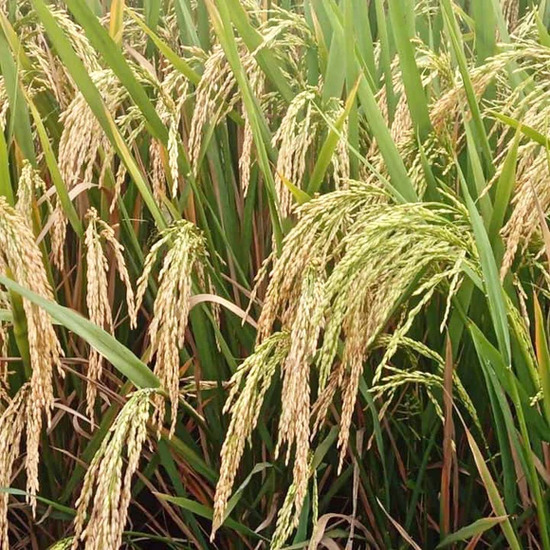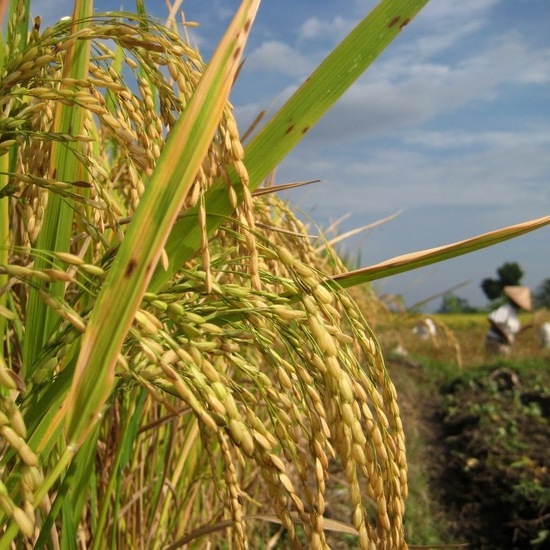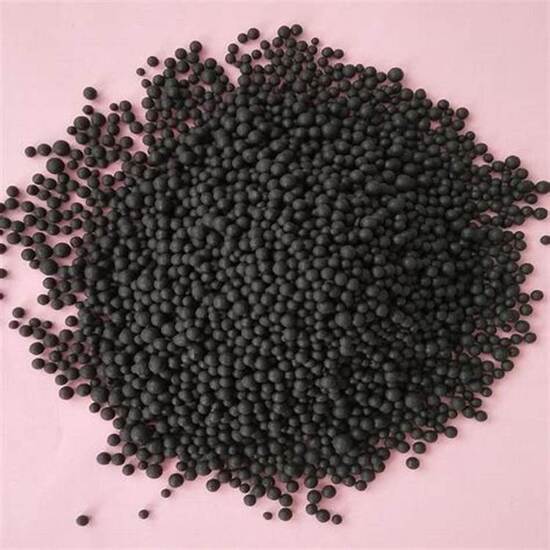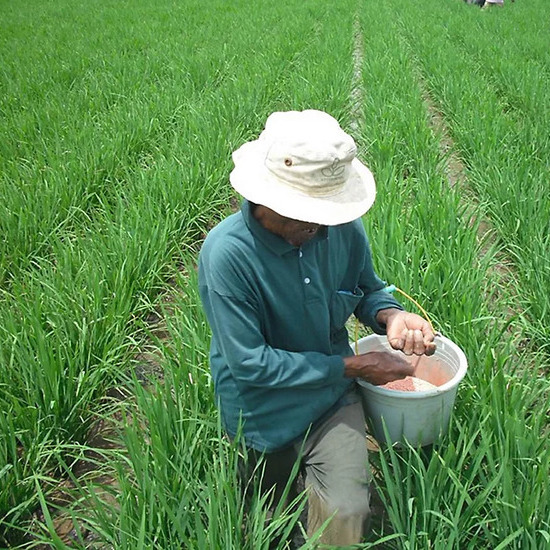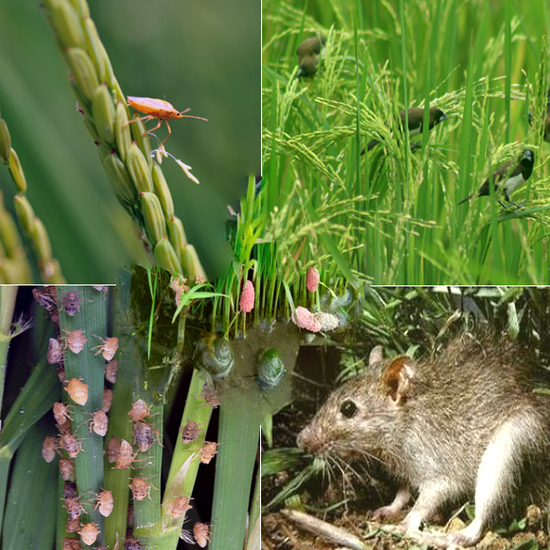Benefits and Potential of Rice Derivative Products: Supporting Sustainable Agriculture in Indonesia
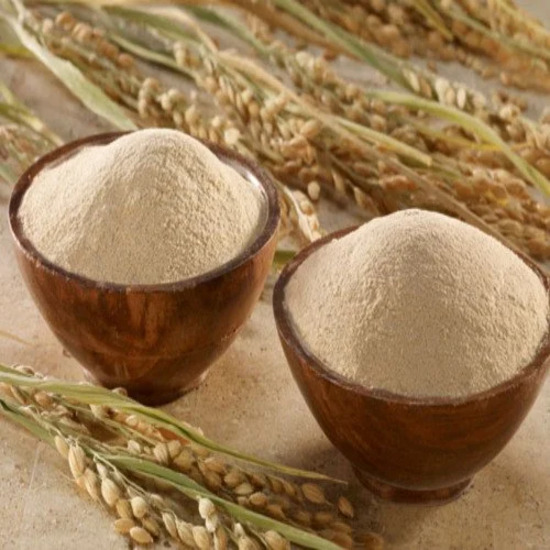
Rice farming in Indonesia not only provides rice as its main product, but also produces various derivative products that have great potential to support the sustainability of agriculture and other industries. Derivative products such as rice husk, rice bran, rice flour, and rice bran have significant added value in various economic and environmental aspects. Rice husks, for example, are not only used as fuel for drying rice but are also processed into liquid biosilica fertilizer that increases agricultural productivity sustainably.
Rice bran, a by-product of the rice milling process, is now increasingly appreciated for its high nutritional content and various health benefits. Processed products such as rice bran cookies and rice bran milk not only add variety to healthy food but also support efficient resource utilization. Rice flour, on the other hand, is the main raw material in the food industry, providing a distinctive texture and taste to products such as cakes, bread, noodles, and crackers.
In addition, rice bran also plays an important role as a source of high fiber and nutrition for livestock, as well as a raw material for the environmentally friendly charcoal briquette industry. The use of these rice derivative products not only reduces agricultural waste but also increases overall efficiency and productivity. With this potential, rice farming in Indonesia can be more sustainable and provide new economic opportunities for farmers and local industries, in accordance with PT Matari Agro Indonesia’s sustainability vision in developing the agricultural sector in the country.
Rice Husk
Husk is the outer skin of rice that is separated during the milling process. Although often considered as waste, husk has various potentials that can be utilized economically and ecologically. One of the main uses of husk is as fuel for heating energy in the rice drying process. By utilizing husk as an energy source, farmers can reduce their dependence on fossil fuels and promote the use of renewable energy.
Husk ash also has significant added value. Husk ash can be processed into Liquid Biosilica Fertilizer which is rich in silica. This fertilizer is useful not only for rice plants, but also for other plants such as shallots. The rubber-based industry also utilizes silica from husk ash as a latex coagulant, showing the potential of husk in supporting various industrial sectors.
Rice Bran
Rice bran is a by-product of the rice milling process. Initially considered as waste, rice bran is now increasingly recognized for its high nutritional value and potential to be processed into various healthy food products. Rice bran contains high fiber, protein, healthy fats, and various vitamins and minerals. Processed rice bran products such as rice bran cookies, rice bran geplak, rice bran milk, and rice bran oil are increasingly popular due to their good health benefits.
Rice Flour
Rice flour is a product that is often used in the food industry. This flour is used as a raw material for various products such as cakes, bread, noodles, or crackers. Good quality rice flour provides a distinctive texture and taste to food products, making it a popular choice in the food market.
Rice Bran
Bran is the outer layer of rice that is peeled off during the milling process. Bran contains high fiber and important nutrients such as vitamin B complex, minerals, and antioxidants. The use of bran as animal feed provides added economic and ecological value because it reduces rice waste that is thrown away. Bran is also used as a raw material in industry for various products such as charcoal briquettes, which are an environmentally friendly alternative as fuel.
Supporting Sustainable Agriculture
Utilizing rice by-products not only reduces waste and increases the efficiency of the milling process, but also supports the sustainability of agriculture as a whole. By utilizing rice husks, rice bran, rice flour, and rice bran, agriculture can become more efficient and sustainable. Rice by-products also provide new economic opportunities for farmers and local industries, as well as supporting food diversification and sustainable resource utilization.
The use of technology and innovation in processing rice derivative products is the main key to maximizing its potential and benefits. PT Matari Agro Indonesia, through its consulting services and Integrated Agricultural Training Center, plays a role in supporting the development and application of this technology in the field. Thus, farmers and industry players can maximize the potential of rice derivative products to achieve better agricultural sustainability in Indonesia.
Matari Agro Indonesia is one of the most affordable and farmer-friendly agricultural consulting companies in Indonesia. We provide top-class agricultural consulting services across the country with the help of a diverse team of scientists, operational experts, and technology. If you are looking for a better return on investment for your agricultural investment, contact the Matari Agro Indonesia team today!
